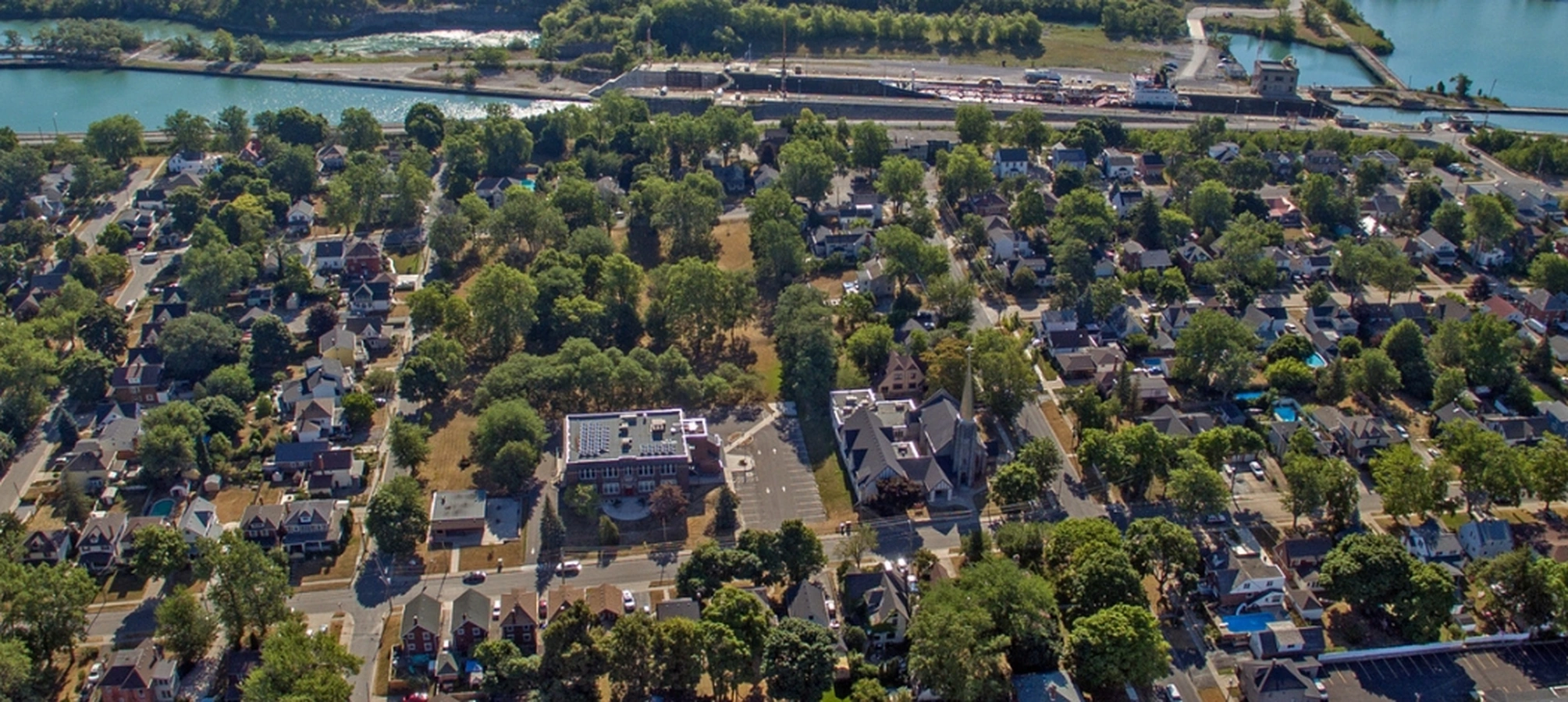Loading...
JTG Systems

Same-day repair for laptops, desktops, Macs, and gaming rigs. Trusted by Brock University students, downtown shops, and Thorold families with 1,100+ five-star reviews.
JTG Systems proudly serves the Thorold community – a place where small-town charm meets academic excellence. As fellow Niagara residents, we've developed a deep appreciation for Thorold's unique character over the years. We love how this city balances its rich heritage with forward-thinking progress, from the well-preserved 19th-century architecture along Front Street to the cutting-edge research happening at Brock University.
From the historic downtown district with its charming storefronts to the vibrant university area bustling with students, we provide comprehensive computer repair and tech support services that reflect our understanding of Thorold's diverse community. Our team has spent countless hours exploring Thorold's neighborhoods – enjoying the Battle of Beaverdams celebrations, hiking through the Short Hills Provincial Park, or watching ships navigate the engineering marvel that is the Welland Canal.
Crime Stoppers Partner - The only computer company in Niagara with this trusted designation
There's something truly special about Thorold that captures our hearts every time we visit. Perhaps it's the way this community maintains its distinct identity while sitting at the crossroads of the Niagara Region. We've always been fascinated by Thorold's remarkable industrial heritage along the Welland Canal.
Our technicians have become familiar with the rhythm of life in Thorold – from the summer excitement of Canal Days to the seasonal ebb and flow of university students. We understand how the Lock 7 viewing complex brings tourists during warmer months, creating a unique blend of visitors and locals.
Though our main location is in nearby Welland, our team spends significant time in Thorold serving its residents and businesses. We've come to appreciate the unique challenges and opportunities that come with living in this pivotal community.
We understand the crucial importance of reliable tech for Brock University students – whether they're working on research projects, preparing presentations, or collaborating remotely with classmates. When deadlines are approaching and a laptop fails, we know it's not just an inconvenience; it's potentially an academic crisis that requires immediate attention.
For the historic businesses along Front Street, we recognize that technology needs to balance modern efficiency with the authentic character that makes downtown Thorold special. We've helped local shops implement point-of-sale systems that streamline operations while maintaining the personal touch that defines the small-town shopping experience.
In Thorold's residential neighborhoods – from the established homes near downtown to the newer developments in Thorold South – we've helped countless families create reliable home technology environments. Whether setting up secure networks for remote workers, recovering precious family photos, or optimizing gaming PCs for enthusiasts.
Everything you need to know about our computer repair services in Thorold
Yes, JTG Systems provides comprehensive computer repair services to Thorold residents and businesses. We offer in-store service at our Welland location and on-site support in Thorold for laptop repair, desktop troubleshooting, Mac repair, virus removal, and data recovery—often with same-day turnaround and 1,100+ five-star reviews to show for it.
Diagnostics are always free. Virus removal is quoted after a free assessment at , and hardware repairs are quoted based on the required parts and labour. Thorold customers receive the same affordable pricing as our main shop, including promotions for students, seniors, and local businesses. Every repair includes a 90-day workmanship warranty.
Most Thorold repairs are ready the same day. Software issues are often resolved within 2–4 hours, while hardware repairs take 1–2 business days depending on parts availability. Business clients can request priority service to minimize downtime.
Absolutely. Our technicians service Dell, HP, Lenovo, ASUS, custom gaming rigs, Apple MacBooks, and iMacs. We handle operating system issues, software conflicts, and hardware repairs including screen, keyboard, port, and logic board work.
Yes. We recover data from corrupted hard drives, damaged SSDs, failed laptops, and moisture-exposed devices. Professional tools and secure procedures protect photos, coursework, and business files for Thorold residents and Brock University students.
We provide complete business IT support—network setup, server maintenance, cybersecurity, maintenance contracts, and emergency call-outs. Thorold clinics, retail shops, and professional services rely on our rapid response and preventative care.